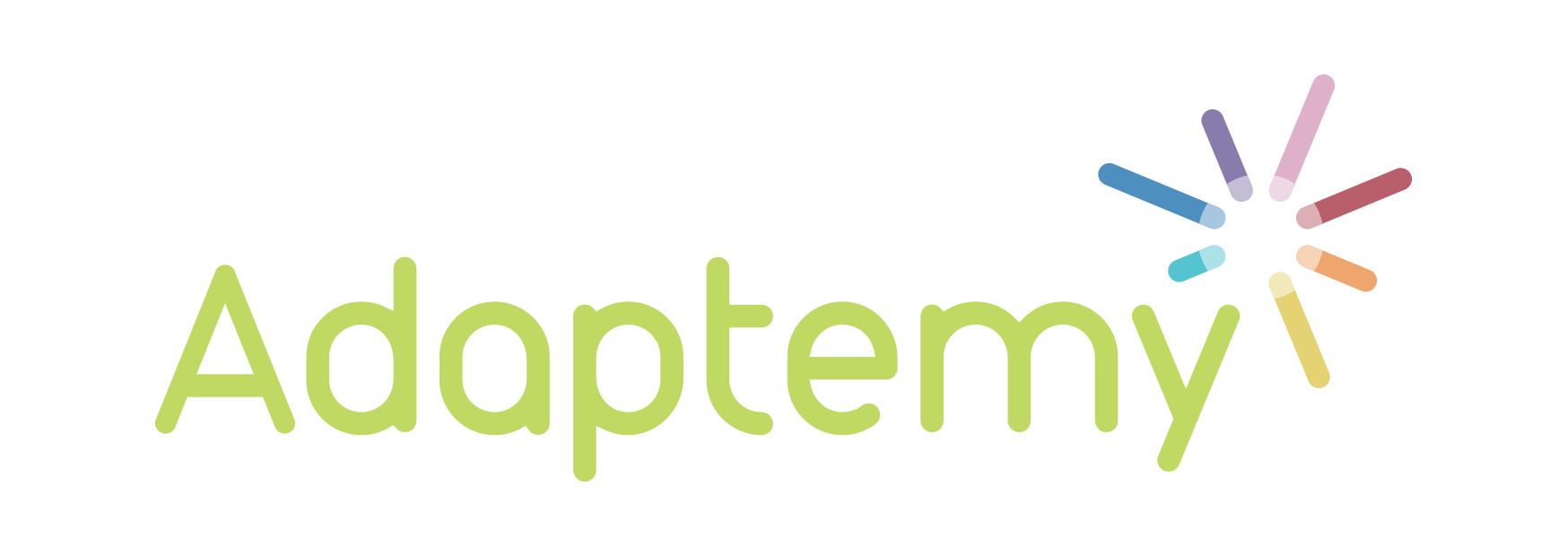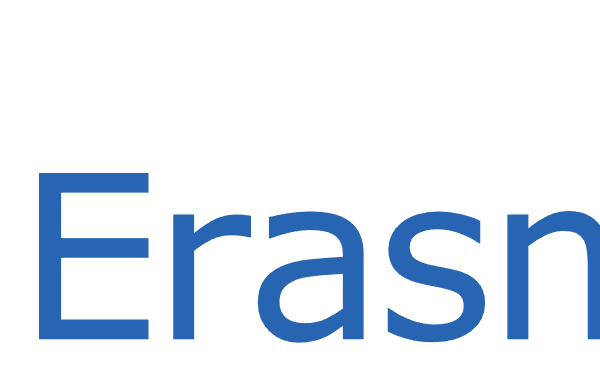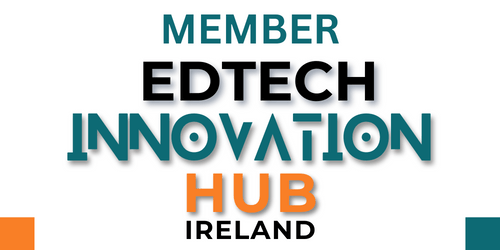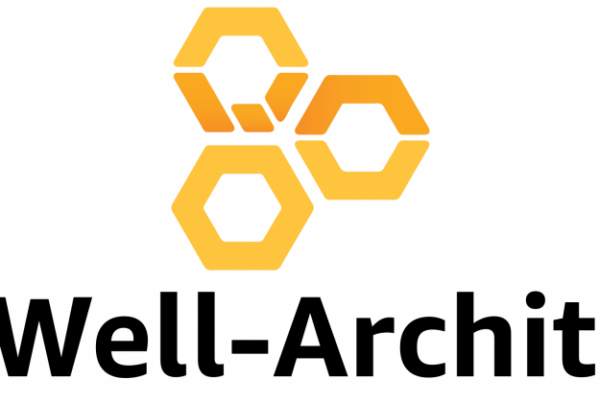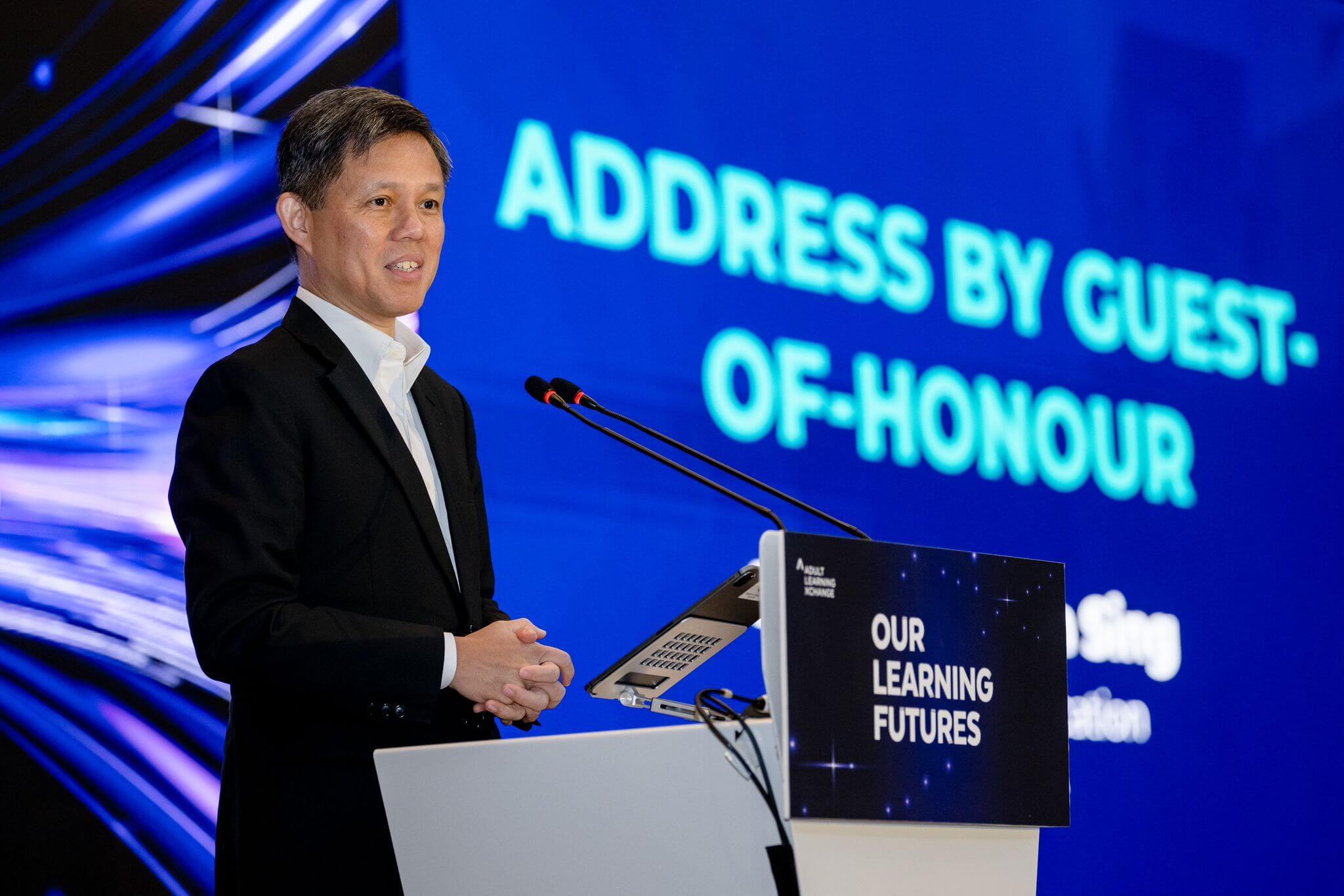
Singapore as a “Knowledge Economy”
Ireland, Adaptemy’s home, and Singapore have comparable population sizes; both having ~5.5m residents. We also share a successful focus on skills development and education as our national competitive advantage. Singapore has long invested in the “Knowledge Economy” as a specific strategy for growth. * Singaporeans, not unlike the Irish, also derive a great sense of pride in their ability to come together and “punch above their weight”.
So how has this sense of pride and a commitment to excellence in education and training worked for Singapore?:
- Singapore maintained it’s dominance of the PISA table again in 2022, placing 1st in all three categories (Reading, Math, Science)*
- Despite its size, Singapore boasts 30+ Higher Education Institutions and a staggering 280+ different public and private learning institutes
- Singaporean families spend a total of more than $1 billion on private tuition each year
Anecdotally, I would challenge anyone to plot out a 10min walk in Singapore that does not pass by a university or training centre of some kind. (Such research should only be conducted by someone well-equipped with rain gear: Ireland and Singapore also share extraordinarily changeable weather).
Adult Learning Exchange (ALX) 2024
Adaptemy was proud to be invited to present at #ALX2024: “an exclusive conference designed to foster networking, knowledge sharing, and engagement with the latest research and advancements in adult learning and learning innovations.” Adaptemy is the supplier of AI services to the national Singaporean K-12 platform Student Learning Space, and partner to several universities and learning networks also. The event, graced by the presence of the Minister of Education, Mr. Chan Chun Sing, shed light on crucial aspects shaping the adult education landscape:
The Demand for Adaptive Personalised Learning for Adults
As someone who works in Personalised Adaptive Learning, the phrase “Mixed-Ability Class” is a jarring one; implying the possible existence of it’s antithesis: a “Single Ability Class”. The range of subject mastery and learning traits in any cohort of learners is well-established by research and, frankly, manifestly obvious to anyone who has either been in, or taught, a single class.
The Minister highlighted progress in personalised Adaptive Learning in K-12 age range; an achievement Adaptemy are proud to deliver for the MoE, “We are starting to apply this in our schools and it must extend to Adult Learning…How do we best customise the content to this diverse group of people? This is where Adaptive Learning Technology comes in”.
The demand for Adaptive Learning is heightened where the range of abilities is even more pronounced than in schools. Content has to be delivered to “an audience that ranges from 25 years old to 75 years old. Adult learners come with diverse background and diverse experiences…How do we pace the content such that they all can progress at their own speed? This is where Adaptive Learning Technology can help. …Mass customisation, combined with Adaptive Learning: We need to think of new models and apply new technologies. The strong learners must be stretched and the weaker learners must be helped to catch up.”
- The cornerstone of the AI-Powered personalised adaptive learning is precisely to model each individual learner’s mastery (what they know and what they don’t) and learning traits (Are they highly confident? Self Directed..etc). These models are constantly updated in real time using learner data to ensure their accuracy and support personalised recommendations: We can ensure that each learner gets precisely the content they personally need at that moment.
Learning On-The-Go
Minister Chan highlighted the distinct pedagogical needs of adult learners, emphasizing the importance of designing accessible modules that accommodate their busy schedules: “Adult learners, unlike our students in school, are not coming back to school to sit there from 9 to 5 for us to transmit knowledge to them. They are busy people with heavy responsibilities. We need to design modules that are accessible to them anytime, anywhere.”
It should not be assumed that creating granular “bite-size” modules is easier than creating longer-form ones. A point the Minister was keen to emphasise: “It is easier to design a lecture for an hour than to create a Tik-Tok video for 120 seconds. If you don’t believe me, you can try it.” I’m reminded here of the Mark Twain quote: “I didn’t have time to write you a short letter, so I wrote you a long one.”
- One of the earliest frameworks Adaptemy uses with partners is a Content Suitability Assessment. During this process we help partners plan out the optimisation of content in two key ways. Firstly, we digitize legacy content formats into modern, structured and interoperable ones. Consider, for example, converting powerpoints into HTML5 or quiz PDFs into QTI. Secondly, we focus on the granularity of content: How can large existing content objects be meaningfully decomposed into smaller intelligible units. Once we have established the optimisation plan, we can apply generative AI processes (see below) to achieve results at scale and speed.
Skills Anticipation and Content Lead Times
Market demand outpaces content creation. Simply put; by the time learning materials are finally delivered, the industry needs have already shifted. This lack of responsiveness demands a forward-looking approach to anticipate market needs in advance, coupled with more efficient and speedy content creation: “How do we ensure that we are able to deliver content at speed and just-in-time? We need a much better sensing mechanism…The speed we generate content in the traditional way is perhaps way too slow…this entire cycle can take more than a year”.
- Adaptemy has invested heavily in generative ai tools and processes to allow for the rapid development content for our partners. Part of this process involves Retrieval Augmented Generation (RAG) to derive high-quality digital interoperable content objects securely trained on partner’s existing content library. This ensures responsiveness to evolving industry needs.
New Initiatives: The Collaboratory
To coordinate, and catalyse, the much-needed changes, the Minister announced the launch of a collaborative laboratory for stakeholders, cleverly named the “Collaboratory“, a joint initiative of the MoE and the Institute of Adult Learning (IAL). This centre “will bring together multiple stakeholders including researchers, training providers and industry players to pilot new solutions for adoption. A physical facility will be setup in the Lifelong Learning Institute…This is the dream that many people, many other countries have also aspired. The good news is this: We are small. If anyone can get this right, if anyone can organise this, then we [Singaporeans] must be one of them!”
- As an approved partner of the innovative Institute of Adult Learning, Adaptemy welcomes the opportunity to contribute to this initiative and deliver on the objectives and aspirations of Singapore’s future knowledge economy.
In Conclusion
ALX2024 was a huge success, attested to be the volume of attendees, the quality of the program and the openness and energy of the participants.
Adaptemy stands as a leading provider of AI-powered adaptive learning solutions, addressing the challenges and aspirations articulated at ALX 2024. Adaptemy will open a new dedicated office in Singapore this year and, as a member of the Singapore Education Network, we welcome expressions of interest from providers based in this thriving knowledge economy.
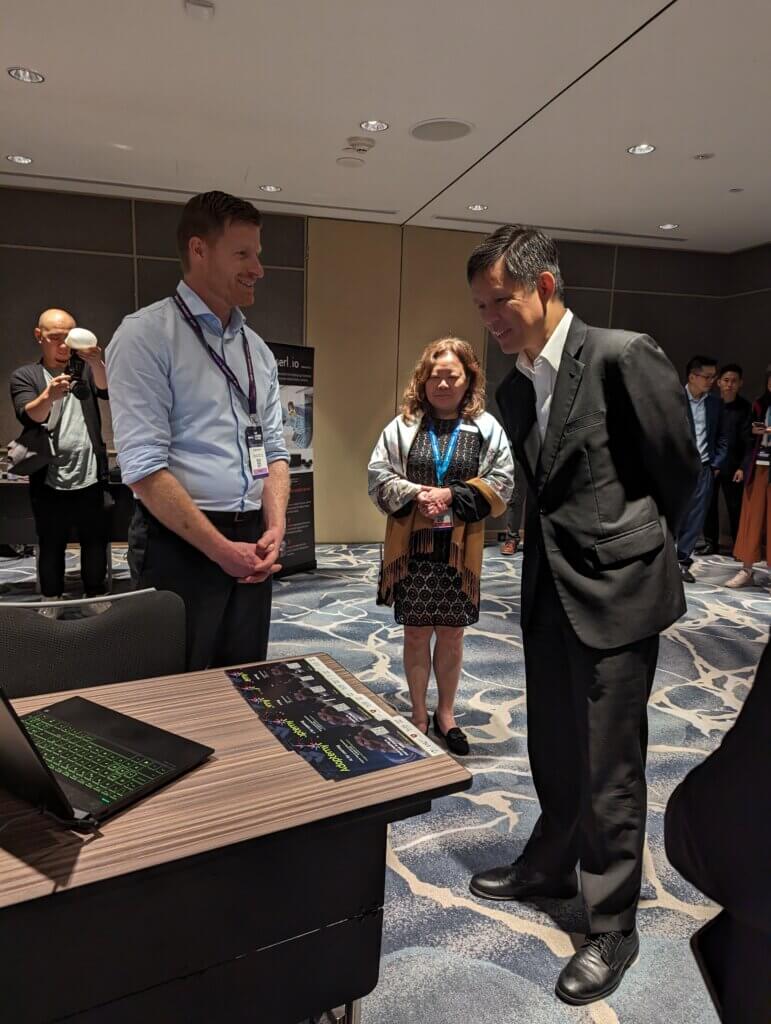
Minister of Education, Mr. Chan Chun Sing, visits Adaptemy at ALX 2024
Get In Touch
If your team is committed to improving learning experiences using AI, you can use this link to contact Adaptemy:
